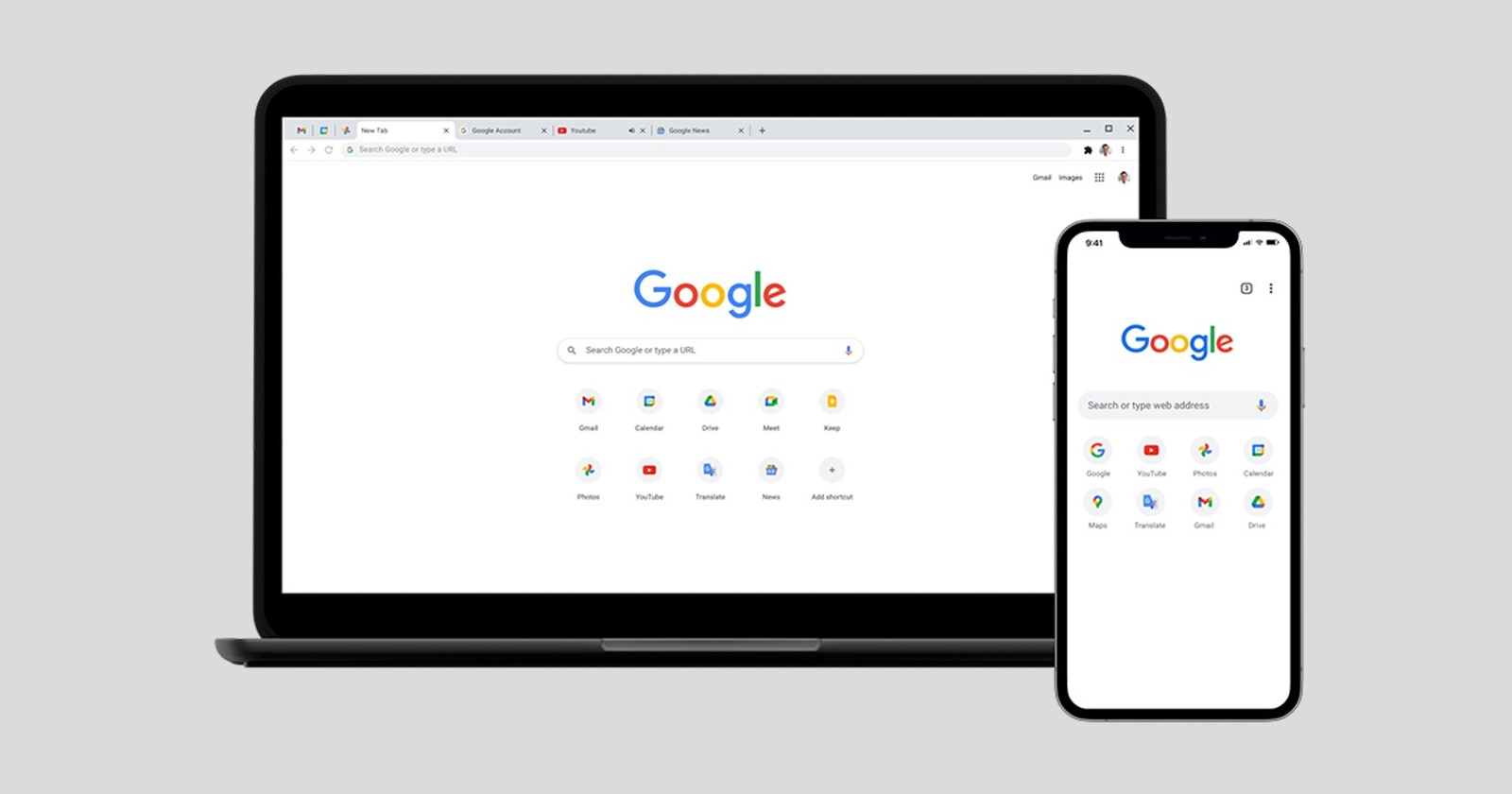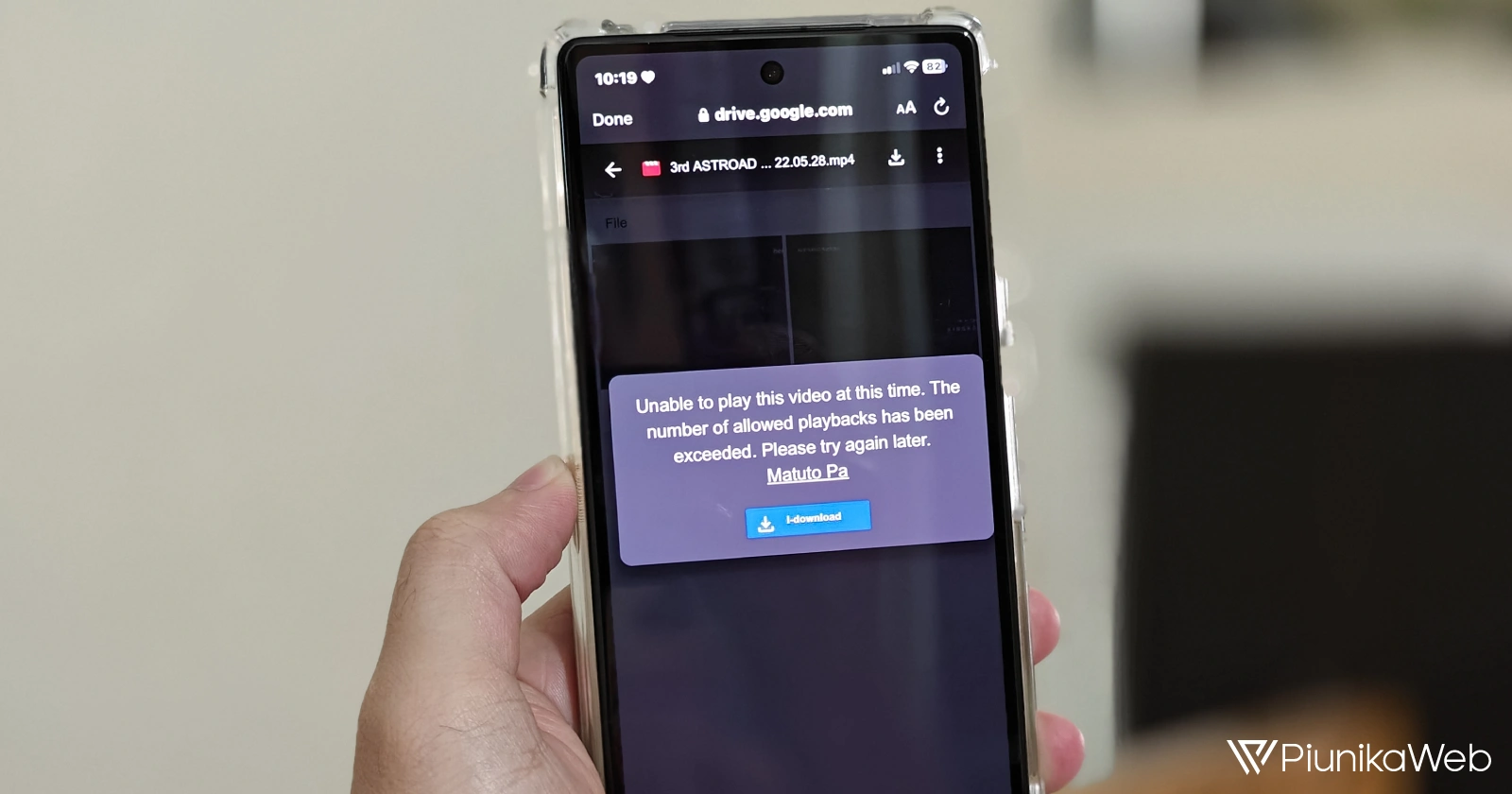Google could have already taken the first step in a plan to eliminate the use of third-party cookies in Chrome, disabling it for 1% of its web browser users worldwide, which is equivalent to around 30 million people.
Third-party cookies are used to track your ‘behavior’, which is especially useful for advertising companies to send you ads targeted to your usage profile. Although one of the companies that benefits most from cookies is, you guessed it, Google itself. However, the search giant started a project in 2019 for eliminating cookies completely in the future.
Now, the company could finally be implementing its plan this year, seeking to complete the elimination of third-party cookies for all Google Chrome users by the end of the year. Meanwhile, a small percentage of people can already enjoy the privacy that comes with browsing without cookie tracking.
Users chosen to take advantage of the new policy will see a pop-up in Chrome about the ‘Tracking Protection’ system. You will also notice that there is an ‘eyeball’ logo in the URL area, which you can click to decide for yourself whether you want to allow cookies for a particular website.
This last option will be useful to avoid the malfunction of websites that could be affected by the elimination of third-party cookie tracking during the first stage of the implementation of the new policy. However, Google Chrome will be able to detect these websites that present problems and deactivate the feature itself, maintaining a simple user experience.
In addition, Google Chrome will receive a new section dedicated to cookies in the ‘Privacy and security’ section of the settings, to give you more control over the tracking of your activity.
The new system is called ‘Privacy Sandbox’
It’s worth noting that, although traditional cookies will be removed from Google Chrome, there will still be activity tracking, but using more privacy-friendly methods. The company calls this ‘Privacy Sandbox’, and it will rely on the tracking data being saved locally in your browser instead of being sent to Google or other companies.
The data collected will still be used to determine your type of use or behavior when browsing to receive relevant advertisements, but will no longer need to be stored on company servers. Once this data is saved in your browser, websites or ad platforms can ‘ask’ Chrome about this to know what type of ads to send you.
Finally, the change is mainly affecting third-party cookies, which are responsible for tracking your activity or behavior for advertising purposes. The ‘first-party’ cookies, used for the correct functioning of your navigation (‘remembering’ your session or what you added to a cart in a store), will continue to work as usual.




